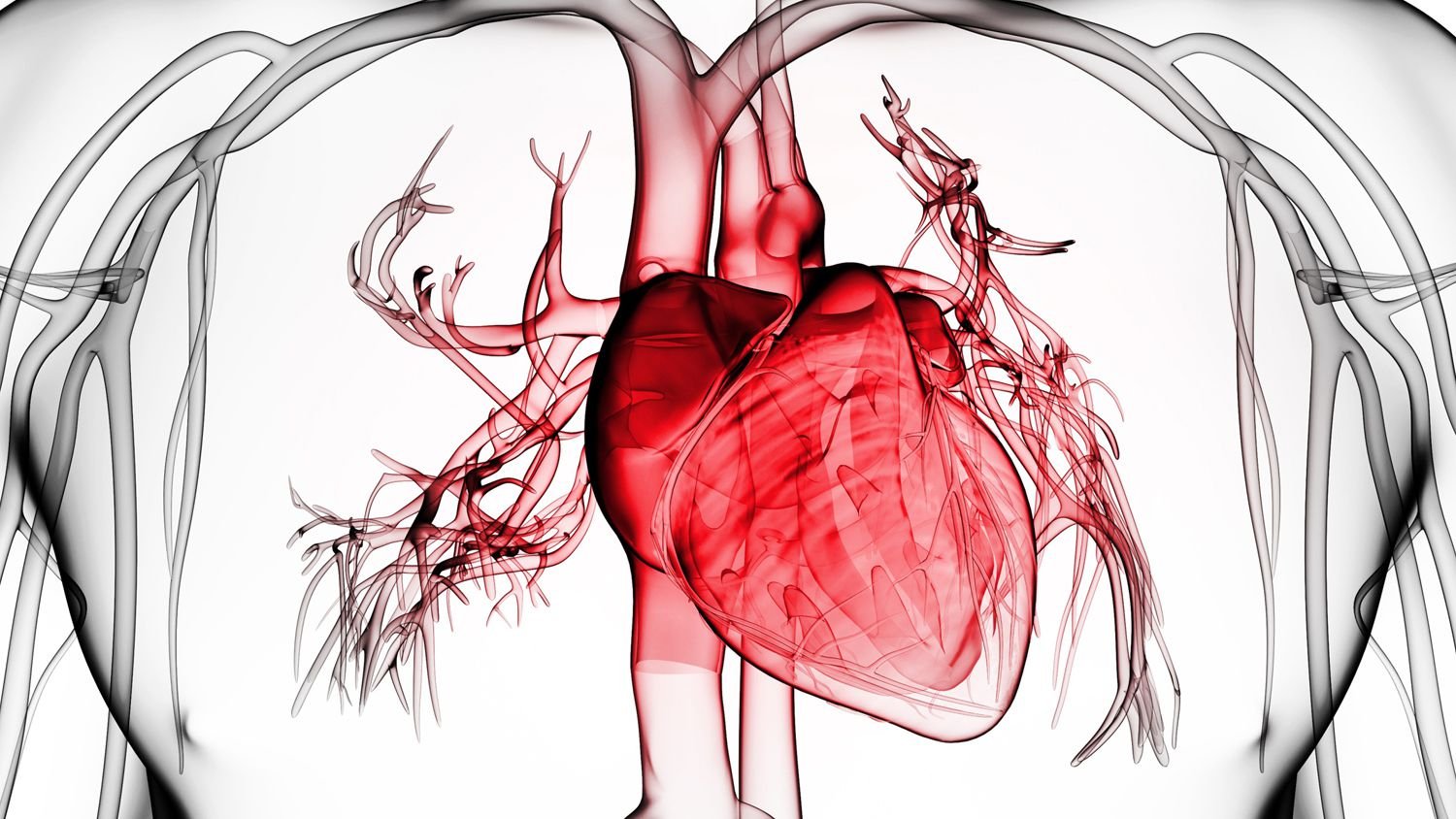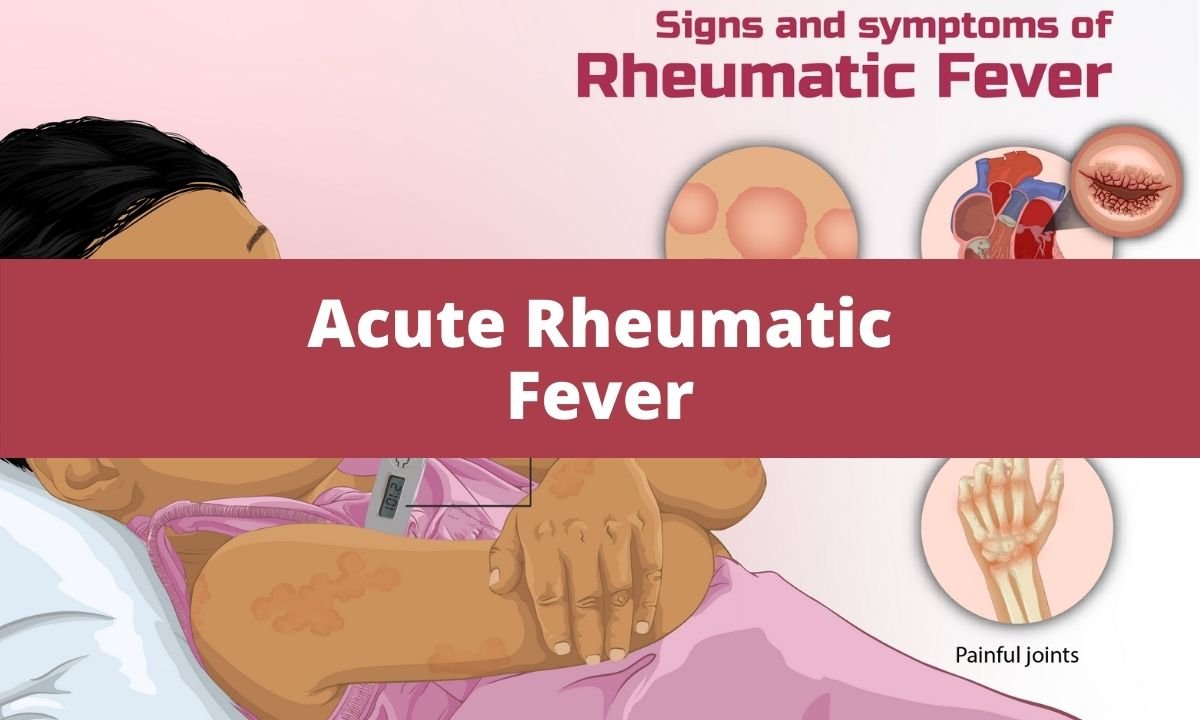A 53-year-old male presents to their GP complaining of ‘feeling unbearably hot’ for the last few weeks. On further questioning, the patient reveals this has been associated with his bowels being more ‘irregular and loose’ lately, with a ravenous appetite. There is no history of recent travel, night sweats or cough. There has been some recent weight gain of around 4kg. He currently lives with his wife and 2 children. He is currently taking Amlodipine for mild hypertension.
On examination, the patient is alert and orientated. His hands have a notable fine tremor and there is some detachment of the fingernails from the nail bed. There is also a swelling below the laryngeal prominence. Observations are normal apart from an irregularly irregular tachycardia at 112 bpm.
What is the most likely diagnosis given his current presentation?
A. Pheochromocytoma
B. Euthyroid hyperthyroxinaemia
C. Hashimoto’s thyroiditis
D. Grave’s disease
E. Neuroleptic malignant syndrome
Answer
Right answer is D (Grave’s Disease)
Explanation
Heat intolerance (due to the increase in non-shivering thermogenesis), onycholysis (detachment of nails from the nail bed), diarrhoea and increase in appetite along with general agitation/anxiety are hallmarks of hyperthyroidism. Even though there is typically weight loss in overactive thyroid conditions, 10% paradoxically gain weight due to the increased appetite. Therefore Grave’s disease is the most likely diagnosis at this early stage.
Euthyroid hyperthyroxinaemia is a condition that often presents with no signs/symptoms of thyroid dysfunction, and is confirmed by a serum blood test that shows normal TSH with high T3/T4. Given that the question has no mention of any serological tests, and the patient is symptomatic, it is unlikely to be this.
Hypothyroidism (e.g. Hashimoto’s thyroiditis) is likely to present with lethargy rather than agitation, and cold intolerance rather than feeling hot. (i.e. many layers of clothing on a warm day). Weight gain is a feature of hypothyroidism, but given the other presenting symptoms with this gentleman, it is extremely unlikely to be an under activity of the thyroid gland.
Neuroleptic malignant syndrome (NMS) is a complication (often life-threatening) of taking antipsychotic medications such as haloperidol. The heat intolerance could be suggestive of fever, which is a major feature of NMS along with tachycardia, however, you would expect a history of antipsychotic medication, along with muscle cramps and perhaps seizures.
A pheochromocytoma is an adrenaline producing tumour of the chromaffin cells in the adrenal medulla. It classically presents with a triad of headaches, palpitations and sweating. Although the sweating could be associated with the ‘fever’ and the palpitations with the irregular heartbeat, the patient has not come in complaining of those specific and slightly distinct ailments. Also the other symptoms in combination paint a more hyperthyroid picture.






Good explanation
Thank you.. Download our app from playstore